The origin of the Universe has been a central question to humanity for millennia, addressed by philosophers, theologians, and scientists alike. It is in the pursuit of an answer to this profound question that modern cosmology was born. The mysteries surrounding the Universe’s origin are vast, and our comprehension of them continually evolves as technological advancements enable more sophisticated observations and simulations.
Introduction
The Big Bang Theory
– Edwin Hubble’s Discovery
– Georges Lemaître’s Hypothesis
– Further Evidence for the Big Bang Theory
The Expanding Universe
– Hubble’s Law
– The Cosmic Microwave Background
The First Stars and Galaxies
– Reionization
– The Formation of Stars and Galaxies
The Future of the Universe
– Dark Energy
– The Big Crunch
– The Heat Death of the Universe
Conclusion
Introduction
The origin of the universe is one of the most fundamental questions in science. How did everything come to be? What was there before the universe? These are questions that have puzzled philosophers and scientists for centuries.
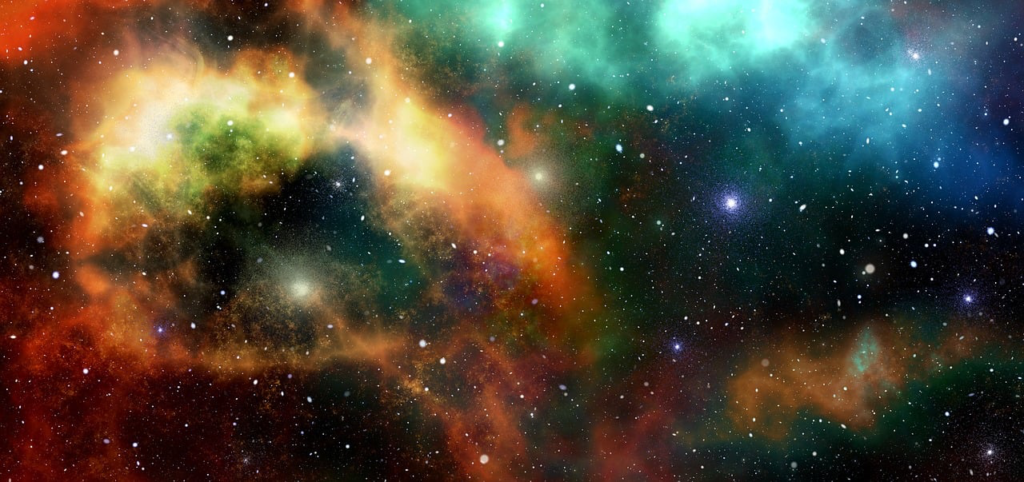
In recent years, scientists have made great progress in understanding the origin of the universe. The Big Bang theory is currently the best explanation for how the universe began. According to this theory, the universe began as a very hot, dense point about 13.8 billion years ago. It then expanded and cooled, eventually forming the stars, galaxies, and planets that we see today.
The Big Bang Theory
The Big Bang theory was first proposed by Georges Lemaître in the 1920s. Lemaître was a Belgian priest and astronomer who noticed that the galaxies in the universe were moving away from each other. He suggested that this was because the universe was expanding, and that it had begun as a very small, dense point.
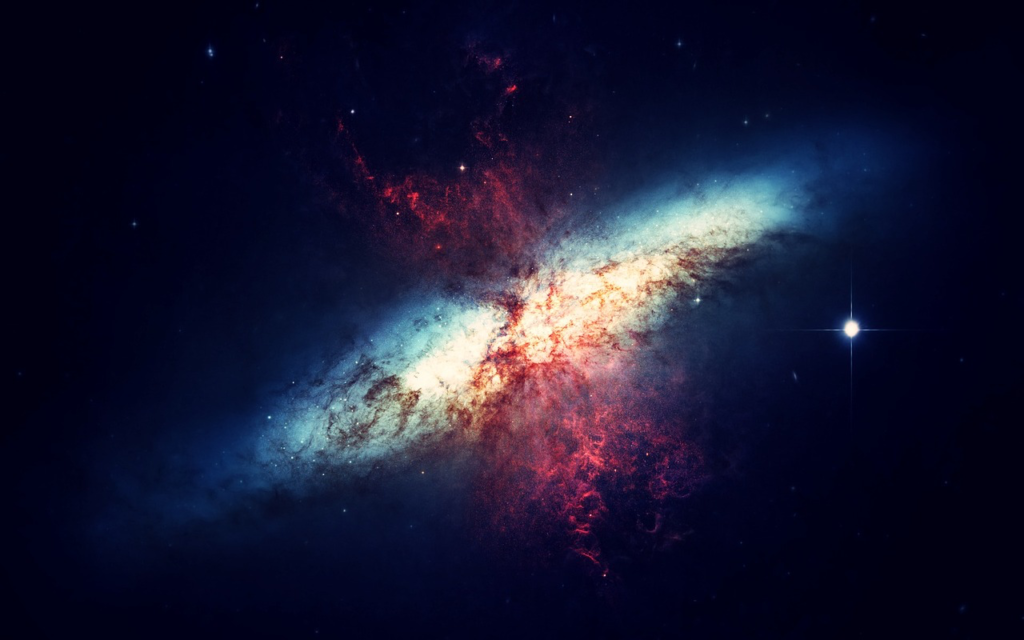
Edwin Hubble, an American astronomer, provided further evidence for the Big Bang theory in the 1930s. Hubble found that the farther away a galaxy is, the faster it is moving away from Earth. This suggests that the universe is expanding at an accelerating rate.
The Big Bang theory has been supported by many other observations, including the Cosmic Microwave Background (CMB). The CMB is a faint afterglow of the Big Bang. It was first detected in 1965 by Arno Penzias and Robert Wilson. The CMB provides strong evidence that the universe began with a hot, dense state and has been expanding and cooling ever since.
The Expanding Universe
The expansion of the universe is described by Hubble’s law. Hubble’s law states that the velocity of a galaxy’s recession is proportional to its distance from Earth. In other words, the farther away a galaxy is, the faster it is moving away from us.
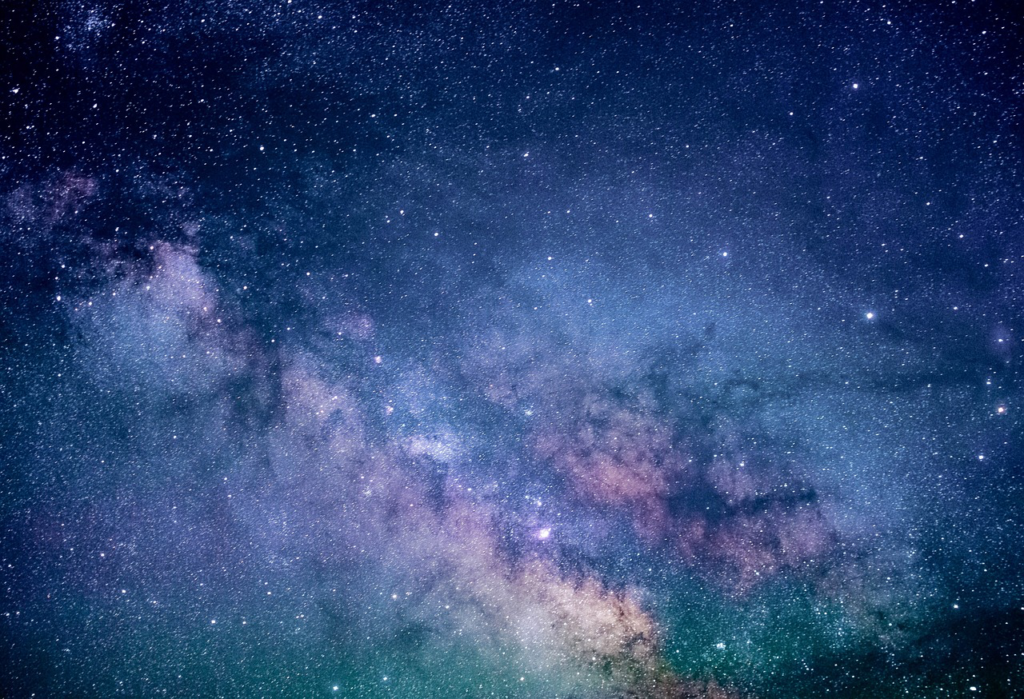
The expansion of the universe is caused by dark energy. Dark energy is a mysterious force that makes up about 70% of the universe. It is thought to be responsible for the acceleration of the expansion of the universe.
The Cosmic Microwave Background
The Cosmic Microwave Background (CMB) is a faint afterglow of the Big Bang. It was first detected in 1965 by Arno Penzias and Robert Wilson. The CMB provides strong evidence that the universe began with a hot, dense state and has been expanding and cooling ever since.
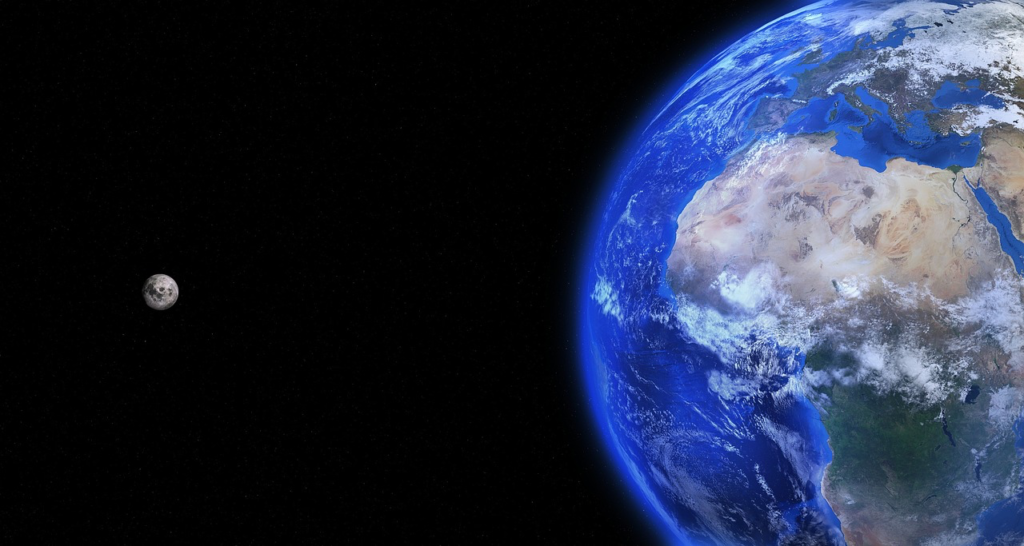
The CMB is a snapshot of the universe when it was about 380,000 years old. At this time, the universe was filled with a hot, dense plasma. As the universe expanded and cooled, the plasma condensed into atoms. This released a burst of radiation, which is the CMB that we see today.
The First Stars and Galaxies
The first stars and galaxies formed about 100 million years after the Big Bang. They formed from clouds of hydrogen and helium gas that were drawn together by gravity.
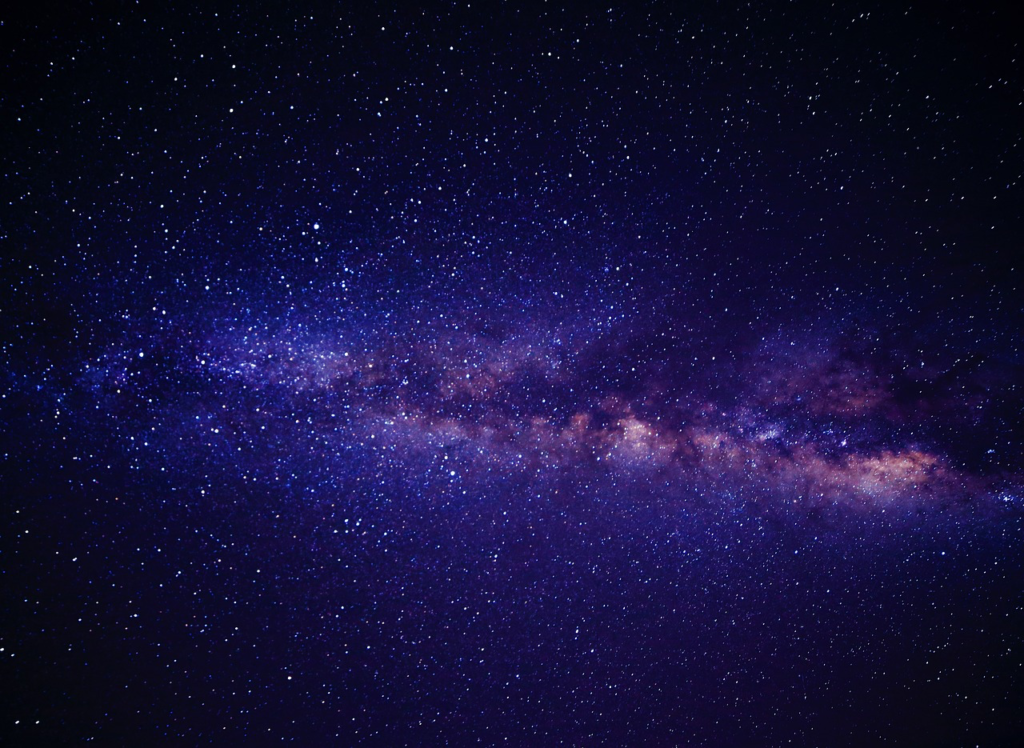
The first stars were very massive and short-lived. They lived for only a few million years before exploding as supernovae. The supernovae explosions seeded the universe with heavier elements, which were then used to form the next generation of stars and galaxies.
The Future of the Universe
The future of the universe is uncertain. It depends on the amount of dark energy in the universe.
If dark energy is dominant, the universe will continue to expand at an accelerating rate. This will eventually lead to the Big Rip, where the universe will be torn apart by the force of dark energy.

If dark energy is not dominant, the expansion of the universe will eventually slow down and stop. This will lead to the Big Crunch, where the universe will collapse back in on itself.
Conclusion
The origin of the universe is one of the most fundamental mysteries in science. The Big Bang theory is currently the best explanation for how the universe began. However, there are still many unanswered questions about the early universe. Scientists are continuing to study the universe in an effort to learn more about its origin and future.





